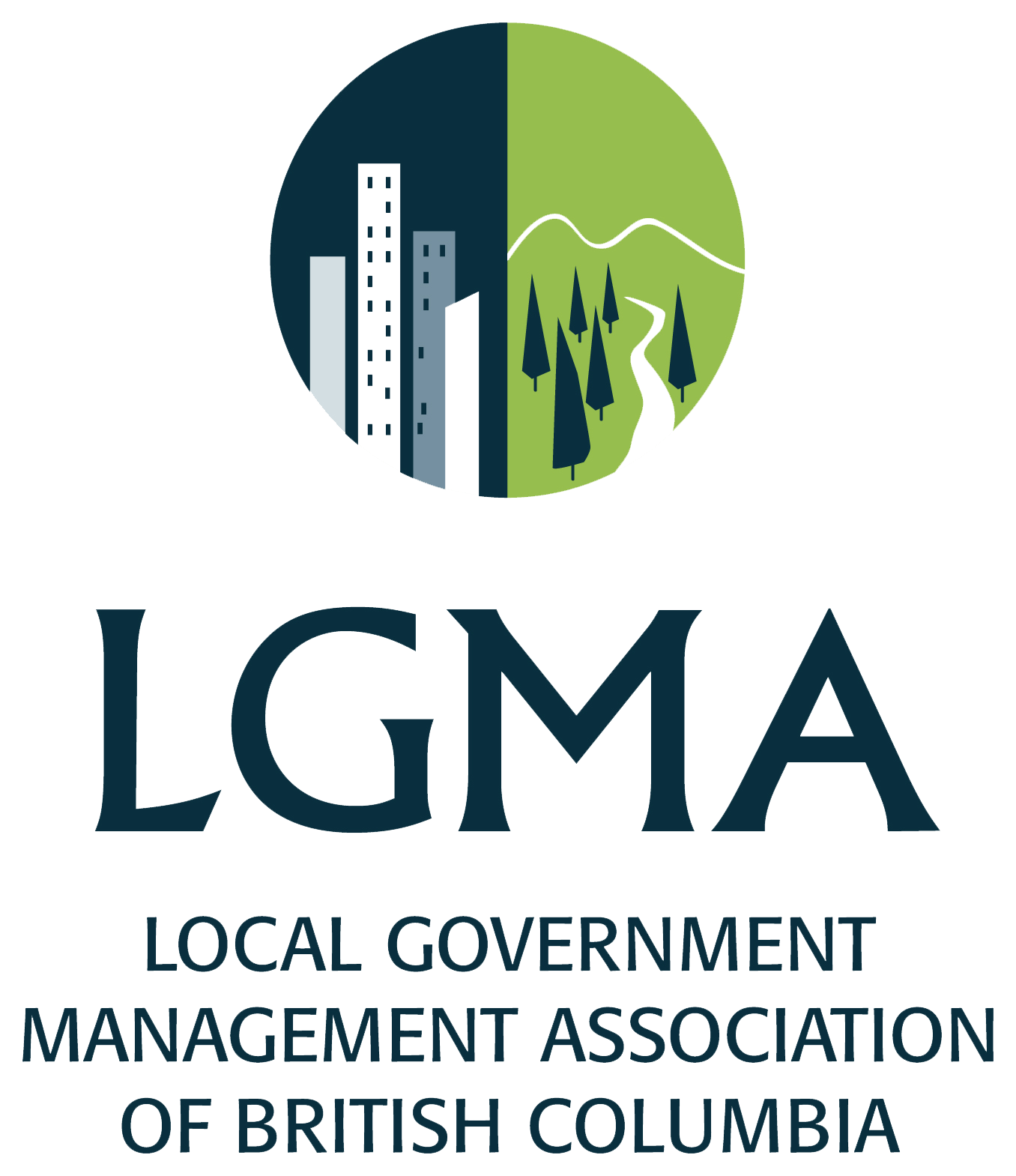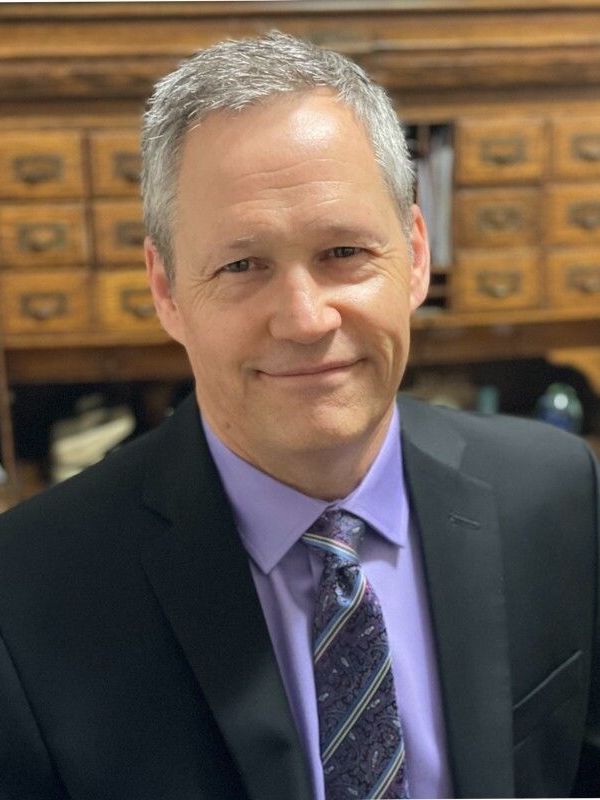Here at the LGMA, we are proud to highlight our members and their many achievements in BC local government! This week, we are featuring another strong supporter and LGMA member, Douglas Holmes, CAO at the Regional District of Nanaimo! Douglas was the president of the LGMA Board of Directors from 2024 – 2025, and currently sits as the past president. To honour his time on the board, we have asked him to share his story working in BC local government, and with the LGMA Board.
Q: Can you tell us a bit about your background?
Professionally, I have a business degree from Simon Fraser University, and I earned a Chartered Accountant (now CPA) designation while working at KPMG in the Okanagan. In addition to contract work periodically, I have worked at 4 regional districts and 2 municipalities, including 1 in Alberta. I have always been drawn to leadership roles, serving as CAO or Deputy at each.
Personally, Jedha and I have been married for 33 years, and we have two daughters. Emily lives on Northern Vancouver Island with her husband, Jordan, where she practices veterinary medicine. As Jedha is the Director of Finance at the City of Parksville, our younger daughter, Gillian, has come to love all things local government and is studying community planning with a minor in indigenous studies at UNBC. Gillian has been a summer student with the Town of Port McNeill and the Village of Alert Bay.
Q: Can you describe your role and title?
My title is Chief Administrative Officer for the Regional District of Nanaimo.
My role includes the following:
- Give the RDN Board the best advice and options to put them in a decision-making position
- Action the direction of the Board (provided it is legal, ethical, and safe)
Clear the path for employees of the RDN to do their best work
- Make the RDN the BEST (and safest!) employer it can be
Q: How long have you been in local government?
I joined the Regional District of North Okanagan in 1995, my first local government employer.
Q: How long have you been an LGMA member?
I joined LGMA (then called the Municipal Officers Association) in 1997.
Q: What are some key milestones in your professional journey?
While CAO of the Sunshine Coast Regional District, learning the benefits of inclusive regional governance (the shíshálh Nation participates fully on the SCRD Board) while resolving the long-standing (30+ yrs) recreation facility conundrum. These learnings were significantly advanced while I was CAO at the Alberni-Clayoquot Regional District.
Leading portions of flood recovery for 3 years in High River, the epicenter of the 2013 floods in southern Alberta.
Presenting to the Nisga’a Nation during the implementation of their modern-day treaty.
At both the ACRD and RDN, working with the Boards and staff (plus consultant support) to ‘right size’ (i.e. fill capacity gaps in) the organizations to match the Boards’ public service ambitions.
While still early days, we are currently collaborating on Legislative Reform in hopes of a modernization of the Local Government Act. A key focus of this work is on enabling indigenous governments’ participation in regional district governance.
Q: How has being an LGMA member benefited your professional development?
Here is a short version of a long list!
-Camaraderie: support, advice, and friendship from high-quality professionals in my field
-Professional Growth: learning from my peers, from presenting, from volunteering on panels and the Board, and from the stellar programming of the LGMA
-Optimizing Public Service: getting policies, reports, and advice from peers who have previously undertaken what I am working on and reciprocating whenever I am asked and have value to provide
Q: During your time on the Board, what are you most proud of?
LGMA and Capilano University have had a long and productive partnership. Around the beginning of 2022, we ‘renewed our wedding vows’ and, through the great work of Candace Witkowskyj and Jamie McEwan, our partnership continues to deliver exceptional educational experiences for our membership.
The Association’s 2025-2030 Strategic Plan is particularly exciting for me. It is the result of robust membership engagement and expert facilitation that supported the staff and board members working on the issues relentlessly to create a plan that reflects the values and priorities of our members.
I am also extremely pleased that, through the partnership of the First Nations Public Service Secretariat and the LGMA and with the support of several key volunteers, the First Nations and Local Government Land Use Planning Regional Workshop has been returned to the slate of excellent professional development offerings.
Q: What have you learned from your experiences that you believe would benefit others in your field?
The work we do is important and inherently fulfilling. It is also, from time to time, very difficult. Populism accelerated by social media has turned what used to be only very difficult situations into impossibly toxic situations. I think the best advice I can offer and what I try to remember myself is that good advice and a quality sound board is just a phone call away. Our peer group is full of the brightest minds and the biggest hearts.
And, the difficult work stuff always passes. Don’t dwell on it; embrace the good circumstances and good people around you. They are still there if you make the effort to look for them.
Q: What advice would you give those considering running on the LGMA Board?
Do it! I wanted to serve on the Board a decade or two before I stood for a Director position but couldn’t find time between family and work. Everyone I talk to is busy. While it is a commitment of time and energy, the LGMA staff does all they can to make the time as efficient as possible. Even with a very full day job, with a bit of effort it IS doable. In addition, it is very fun and inherently rewarding work performed alongside very high-quality professionals. Do it!
Q: What is one fun fact about yourself that you would like to share with our members?
I love singing and playing music with people. For those people who join in or for those within earshot, it will sound better after the ‘second’ or ‘third’ than it did after the ‘first’ (that could be the number of songs or, more likely, the number of refreshments!).



